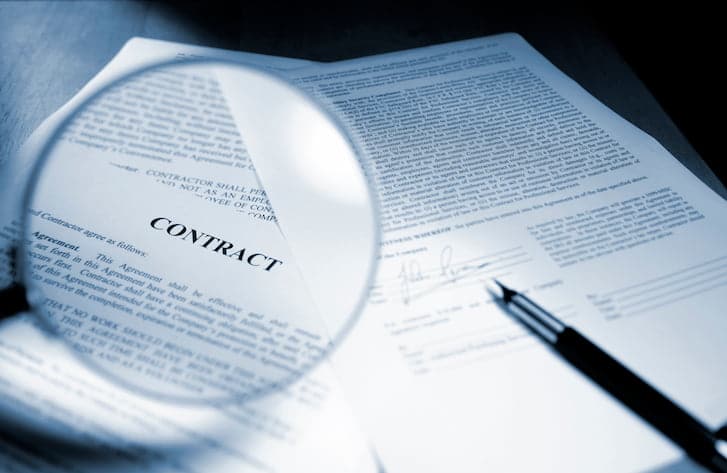Here’s a party trick: Stare into the eyes of your friend when you’re next out for dinner. Now talk about insurance contracts. Did their eyes turn to glass?
Insurance is one of those things that most of us push to the do it tomorrow basket, until we need it.
Some small businesses don’t even bother with insurance because they feel it’s an outlay that adds up over time and may never be used.
But Daniel Fogharty, CEO and founder of Evari Insure, says insurance is protection – it’s about looking at everything that could go wrong and working out from there what you do and don’t need.
“The challenge with insurance is you don’t need it till you need it. And then, unfortunately when you need it, you really, really need it.”
Fogharty highlights five things to consider when it comes to deciding your insurance needs:
Assess risks
Ask yourself ‘What Risks Have I Got’. Brainstorm everything.
For example, a retail store: “What do I need for my retail store? Well, I’ve got my inventory and my stock and my store itself.
“So, if that was damaged by fire, I need to make sure that I insure my inventory and my stock and my store I insure my business,” he advises.
- Prioritise from the largest to smallest risk
- Brainstorm what possible types of insurance could match each risk.
Find a match
Look for an insurance broker or provider that knows your industry.
“For the high-risk business, there will be higher risks for insurers,” Fogharty says.
“A surgeon will need something different to a restaurant, who needs something different to a lawyer, who needs a different policy to a pest controller.
“I think the way to deal with this is to go to a proprietor that’s in your particular industry.
“For example, At Evari we specialise in professionals and tradies.”
You can ask peers which provider they use and why?
Fully disclose your situation
When you contact your insurer or broker it’s important for disclosure to tell them what’s going on, so they can make sure it’s covered.
A classic example may be if you’ve got a business and you’ve got home insurance and you are storing your stock at home.
“You assume your home insurance covers your business. You should check because there are some policies that don’t cover the business at home,” he says.
Double check it covers your business.
“What we found is that there are some policies that don’t cover the business at home abut you’re storing your stock at home,” Fogharty says.
Read the contract
Fogharty says so many people don’t look at the details of the policy, they just assume they’re insured.
“Understand what is covered and what is not covered,” he says.
“A risk for businesses comes when they don’t treat their insurance at the same level of scrutiny that they would for other parts of their business,” he says.
Always review
When your business changes over time, so do your insurance needs. Make sure you are always covered and try to find an insurer who allows you to easily make changes.
Resources
This guide from the Insurance Council of Australia will help you understand the different types of insurance that you may need.












